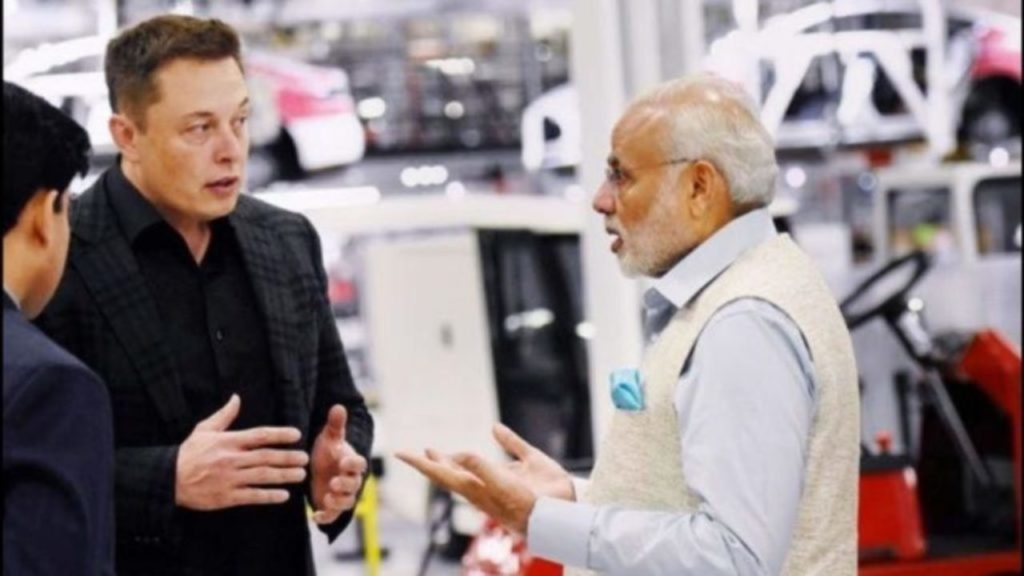Elon Musk’s Satellite Internet Has 5 Lakh Pre-Orders Already! Indian Launch Date?

Elon Musk, the founder of SpaceX, said on Tuesday that the company has received over 500,000 preorders for its Starlink satellite internet service and expects no technological issues meeting demand.
“The only limitation is the high density of users in urban areas,” says the founder.
Musk responded to a CNBC reporter’s claim that the $99 deposits SpaceX required for the Starlink Satellite internet service were completely refundable and did not guarantee service.
“More of a challenge when we get into the several million user ranges,” Musk said.
Starlink In India By 2022?
SpaceX has not set a date for the launch of Starlink but the company expects to launch 12,000 satellites in total and the Starlink constellation expected to cost about $10 billion.
Amazon founder Jeff Bezos and Elon Musk, who is also the CEO of automaker Tesla Inc, have spent billions of dollars to break into this sector over the years.
Musk and Bezos also have publicly sparred over competing satellite plans. Building and launching rockets into space is a capital-intensive venture.
Last month, the US Federal Communications Commission (FCC) approved SpaceX’s proposal to deploy some Starlink satellites in a lower earth orbit than originally intended, but with many conditions to ensure the plan’s protection.
Data Speed Latency And Uptime
The target, according to Kate Tice, a senior programme reliability engineer at SpaceX, is to bring high-speed internet to certain areas where it has never been available and at an affordable cost.
“We’re checking how fast data travels from the satellites to our customers, and then back to the rest of the internet. Initial results have been good,” she said. “Our network, of course, is very much a work in progress,” she noted.
“And over time, we will continue to add features to unlock the full capability of that network,” SpaceX claims that data speed latency and uptime will improve further with the launch of more satellite, installation of more ground stations and upgrading of networking software.
SpaceX also agreed to accept that their satellites may face interference from satellites deployed under Amazon’s Kuiper Systems satellite project.

Comments are closed, but trackbacks and pingbacks are open.